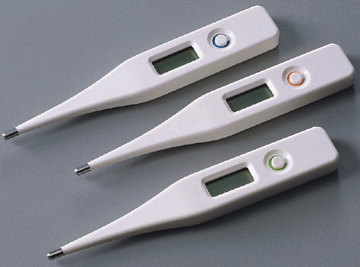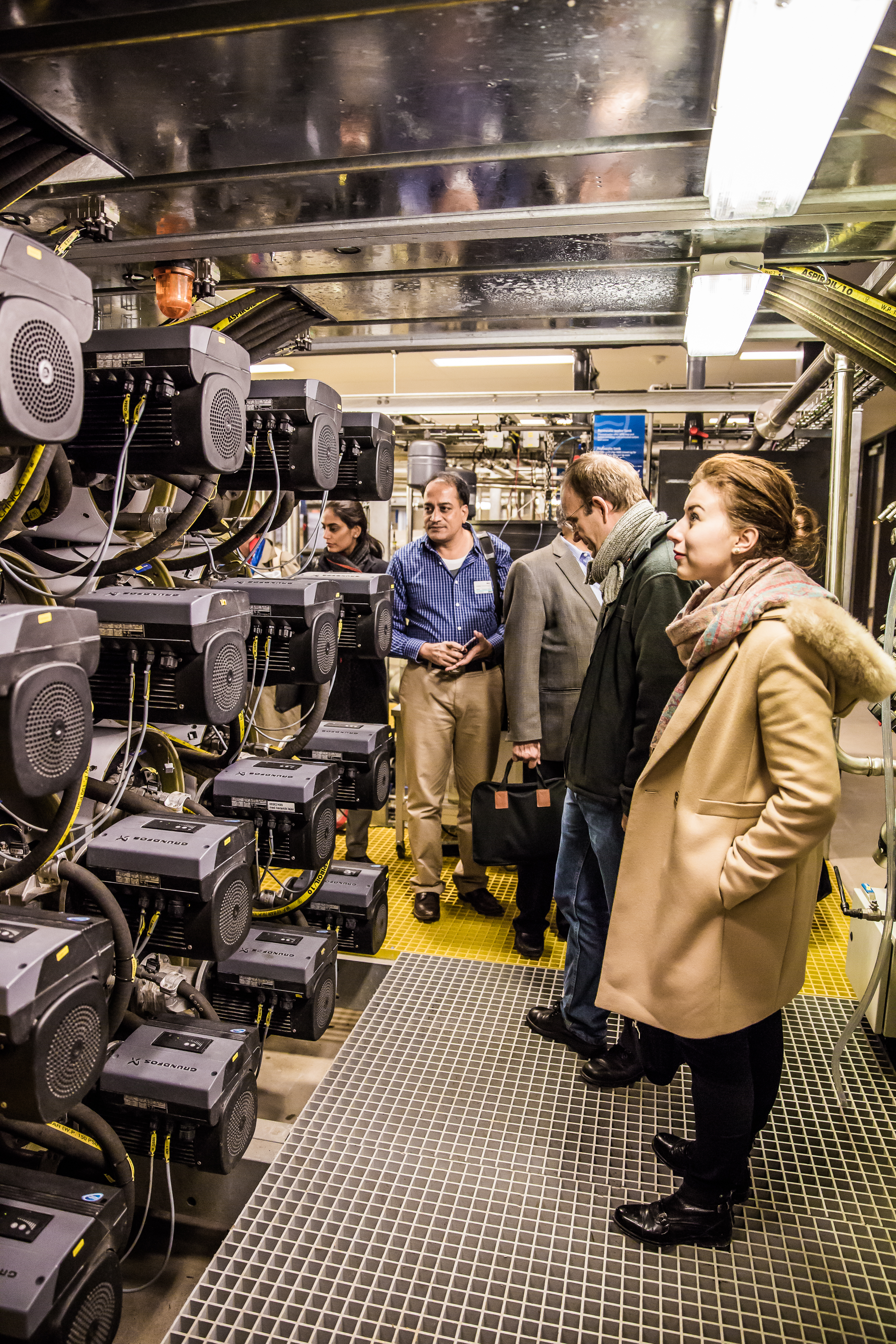Sustainable Health in Procurement Project
- What is SHiPP
- Key objectives of SHiPP
- Integration with Global Green and Healthy Hospitals
- First steps of SHiPP
- SHiPP Brochure
What is SHiPP
The Sustainable Health in Procurement Project (SHiPP) is a program developed by United Nations Development Programme (UNDP), in collaboration with Health Care Without Harm, and funded by the Swedish International Development and Cooperation Agency (SIDA), that aims to reduce the harm to people and the environment caused by the manufacture, use and disposal of medical products and by the implementation of health programs.
 SHiPP is a four-year project aiming to promote sustainable procurement in the health sector, in the United Nations (UN) Agencies, and in key project countries through the reduction of toxicity of chemicals and materials in health products, the reduction of greenhouse gases in the supply chain and the conservation of resources. The program began its implementation in January 2018.
SHiPP is a four-year project aiming to promote sustainable procurement in the health sector, in the United Nations (UN) Agencies, and in key project countries through the reduction of toxicity of chemicals and materials in health products, the reduction of greenhouse gases in the supply chain and the conservation of resources. The program began its implementation in January 2018.
The project aims to work in a group of lower and middle-income countries to develop and pilot a set of sustainable health procurement practices and policies that synergize with the Sustainable Procurement in the Health Sector (SPHS) initiative of greening the global health sector through UN Agencies and other international organizations, multilateral agencies and bilateral donors. Project countries include Guatemala, Moldova, Ukraine, Tanzania, Vietnam, and Zambia. Work in these countries, together with regional components in Latin America and South-East Asia will be designed to replicate success in neighboring countries in a future phase of the project. The project will also work in fast-growing economies, China, Brazil, India and South Africa, whose health sectors present a significant opportunity to impact the global supply chain. They can also provide South-South technical assistance to other countries in their regions thus promoting sustainability of the project.
Key objectives of SHiPP
- Develop universally applicable criteria and standards for sustainable manufacturing, distribution and content of products procured by the health sector
- Strengthen capacity for sustainable procurement in the health sector in ten project countries
- Strengthen capacity for sustainable production, supply and disposal of health care products in at least ten project countries
- Strengthen the understanding and application of appropriate indicators and monitoring and evaluation processes that help promote accountability for sustainable procurement in the health sector
To accomplish these objectives, the project is drawing on experiences of similar work in Europe and the United States. Ultimately, its goal is to aggregate the demand and move the global supply chain toward greater sustainability, improving health outcomes and the global environment.

Green site visit to Herlev Hospital to examine the wastewater purification facilities in the Capital Region of Denmark. Photo source: SPHS.
Integration with Global Green and Healthy Hospitals
![]() With an expansive and diverse network of over 1,000 members representing the interests of more than 32,000 hospitals and health centers in 52 countries, GGHH will be a key vehicle to engage the health sector around the globe on sustainable procurement through the SHiPP project.
With an expansive and diverse network of over 1,000 members representing the interests of more than 32,000 hospitals and health centers in 52 countries, GGHH will be a key vehicle to engage the health sector around the globe on sustainable procurement through the SHiPP project.
SHiPP will integrate GGHH directly into the project in several ways, including:
- Membership: All pilot hospitals that participate in the SHiPP project will receive automatic membership in GGHH
- Case Studies: Pilot hospitals will document their work and progress on sustainable procurement through case studies. We will disseminate these case studies through the GGHH network for members about successful strategies and challenges related to creating and implementing sustainable procurement in health care
- Webinars: The SHiPP project will offer a series of webinars to learn about sustainable procurement in health care, how to get started, and successful approaches. These webinars will be available for members to participate
- Resources: As part of the project, international experts will create a variety of guidance documents and resources to educate and support health care facilities in integrating sustainable procurement into their operations. These resources will be available for GGHH members
First steps of SHiPP
The project began its implementation in January 2018. This first year, will be dedicated mostly to scoping and explore. It will be a developmental year during which we will work on
- Mapping policies and practices in different regions to learn to what extent are sustainability measures incorporated into procurement and where environmental measures are being taken to reduce occupational hazards
- Stakeholder mapping.
- Analyzing the Sustainable Procurement Platform to apply it to the health sector.
- Market research to identify volume and spend on health products and availability and gaps in alternative products.
- Identify pilot hospitals through the GGHH network for implementation, capacity building and scaling up across regions.
